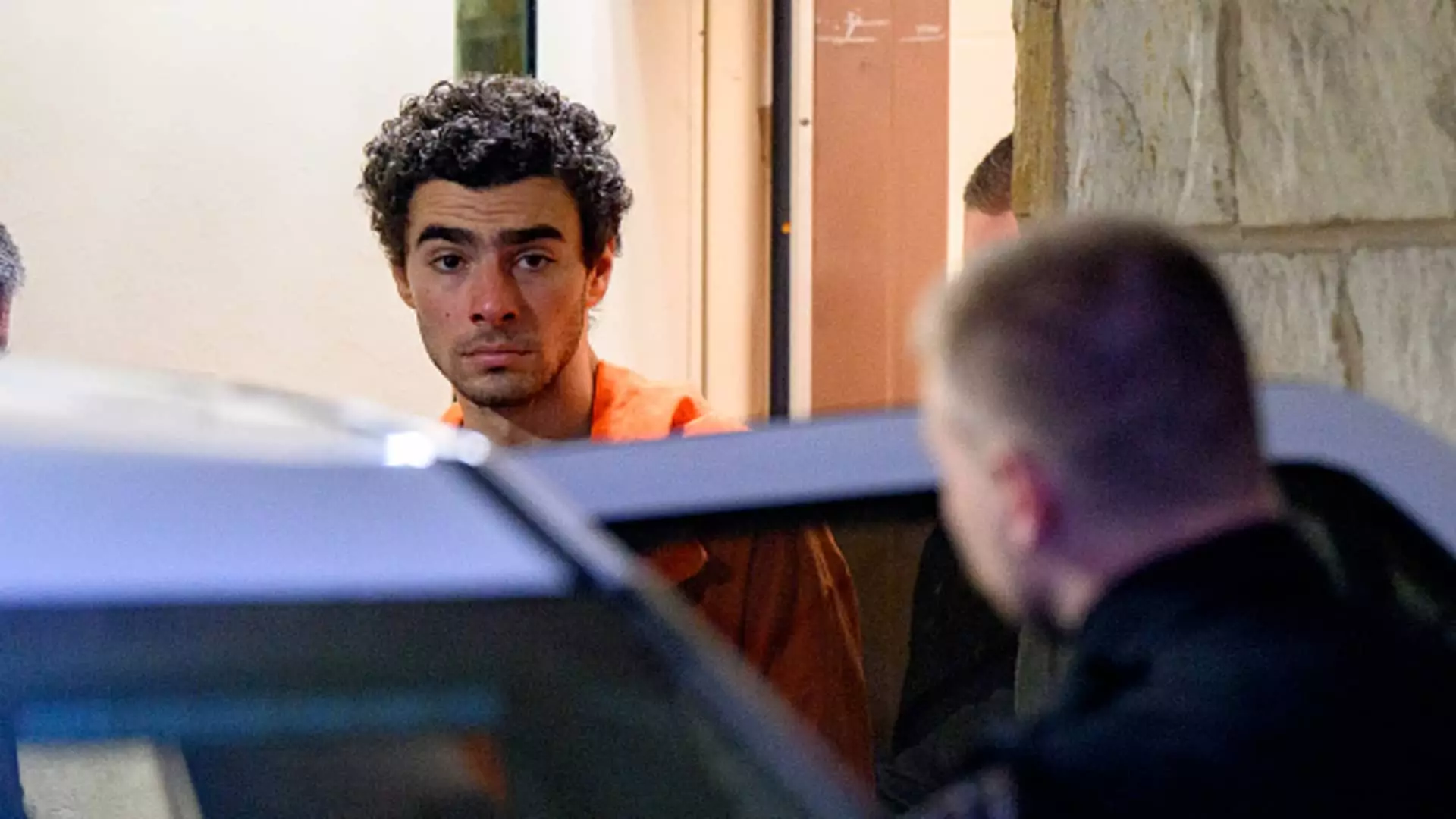The shocking murder of United Healthcare’s CEO, Brian Thompson, has drawn significant attention from both legal authorities and the public. The case has escalated into a complex legal ordeal with potential federal ramifications for the suspect, Luigi Mangione. At just 26 years old, Mangione stands accused of committing a heinous crime that authorities have labeled as an act of terrorism. This incident reveals not only the brutal reality of targeted violence in our society but also highlights the intricate dynamics between state and federal law enforcement in addressing such grave allegations.
According to reports from credible sources, Mangione faces first-degree murder charges as well as allegations linked to terrorism. He was indicted after law enforcement concluded that the ambush-style killing of Thompson was premeditated and executed to instill fear. The crime occurred on December 4, when Thompson was shot from behind in Manhattan while going about his daily routine. Authorities have suggested that Mangione’s motivation may stem from the immense size and influence of United Healthcare, the largest private health insurer in the country. The indictment places Mangione in a complicated position regarding the legal definitions of murder and terrorism, a juxtaposition that could affect the outcome of his case.
The legal framework in New York regarding first-degree murder is particularly stringent. For a charge to qualify, it requires more than merely the intention to kill; there must be a special circumstance involved. This could include factors such as murders carried out for hire or against protected parties, such as police officers. As outlined by Manhattan District Attorney Alvin Bragg, this incident signifies a broader attempt to instill fear and instigate public terror through targeted violence, raising critical societal questions about safety and public perception in a world increasingly marred by violent acts.
Mangione’s attorney, Karen Friedman Agnifilo, has publicly expressed concerns about the mounting charges against her client, characterizing the potential federal case as unusual and fraught with complications related to double jeopardy. Her stance underscores the complexities involved in multi-jurisdictional legal procedures, where an individual might face prosecution for the same conduct under both state and federal laws. If federal charges are pursued, they could complicate or even overshadow the ongoing state case. Agnifilo’s defense strategy will depend largely on navigating these legal terrains while maintaining Mangione’s rights amid a highly charged public atmosphere.
The manhunt for Mangione culminated in his arrest in Altoona, Pennsylvania, nearly a week after the murder. This intervention was spurred by tips from the public who recognized him from surveillance footage that had been circulated by police and the FBI. After being apprehended, Mangione attempted to contest his extradition to New York, showcasing both the seriousness of his situation and the potential complexity of interstate legal issues. A legal hearing regarding his extradition status is forthcoming, which will determine whether he will face New York’s judicial system in connection with Thompson’s murder.
The Broader Implications of the Case
This case not only focuses on the tragic murder of an influential individual but also raises vital discussions about both state and federal responsibilities in managing crime that transcends local boundaries. As the legal proceedings unfold, the implications of Mangione’s actions resonate far beyond his individual case, reflecting societal fears about violence being employed to make ideological statements or exert power. Additionally, the concept of terrorism in this context pushes all involved parties to scrutinize the very nature of “terror” and how it legally and socially impacts the public conscience.
The case of Luigi Mangione serves as a grim reminder of the potential for violence that exists within our society and the multifaceted legal challenges that can arise from such acts. As investigators and the legal system grapple with these issues, the outcomes will undoubtedly shape future policy and societal responses to violence, particularly in the context of highly public figures and institutions.


Leave a Reply